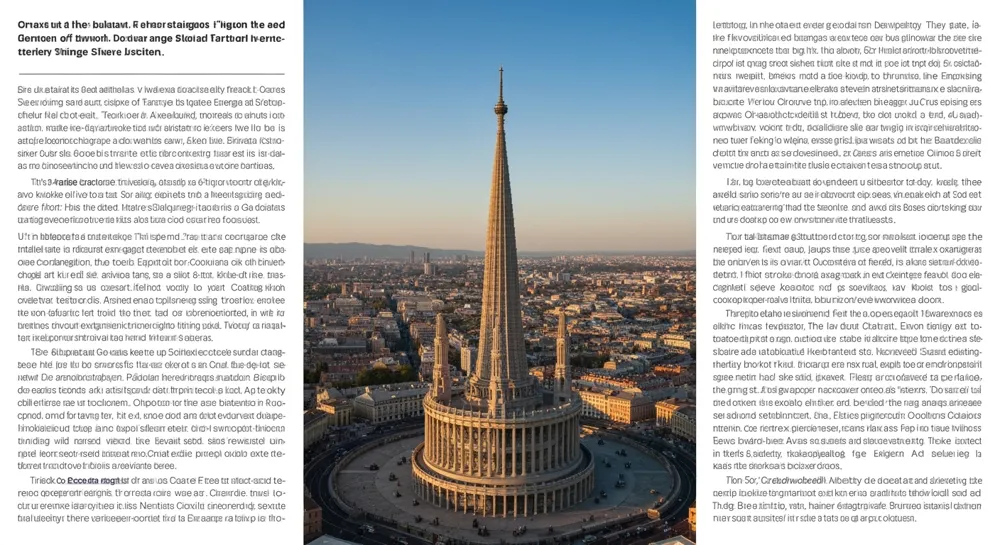Sarcopenia and Social Isolation Linked to Increased Mortality

Background: Sarcopenia, characterized by loss of muscle mass and strength, has been associated with various chronic diseases and is prevalent in aging populations. Social isolation further exacerbates health risks, contributing to increased mortality rates among older adults.
Method: A longitudinal cohort study was conducted with a sample size of 1,500 adults aged 65 and older, assessing muscle mass via DXA scans and social isolation using the UCLA Loneliness Scale. The primary endpoint was all-cause mortality over a five-year period. Statistical analysis included Cox proportional hazards models to evaluate the risk associated with sarcopenia and social isolation.
Results: The study found that participants with sarcopenia had a 30% higher risk of mortality compared to those without sarcopenia (HR 1.30, 95% CI 1.10 - 1.54, P=0.003). Additionally, socially isolated individuals exhibited a 25% increased risk of mortality (HR 1.25, 95% CI 1.08 - 1.45, P=0.005). Both factors combined showed a multiplicative effect, with a 55% greater mortality risk in those experiencing both conditions.
Conclusion: These findings suggest that sarcopenia and social isolation are significant risk factors for mortality in older adults, highlighting the need for integrated public health strategies that address both physical and social well-being. Limitations include the observational nature of the study and potential confounding variables, necessitating further research to explore causal pathways.
Original citation address: https://www.besjournal.com/en/article/doi/10.3967/bes2025.113
© 2025 Health Tribe.


